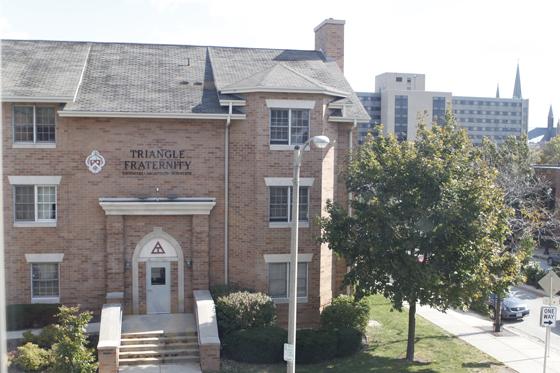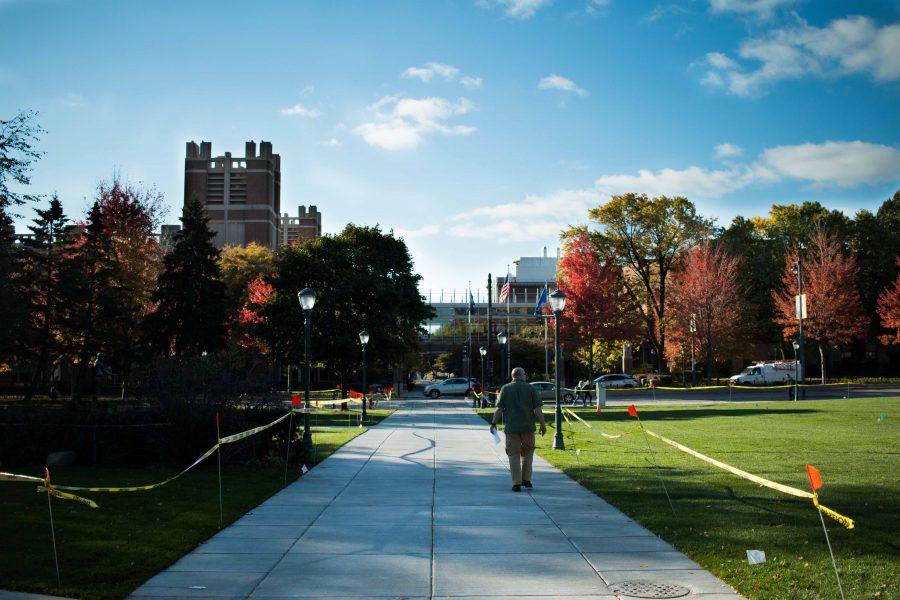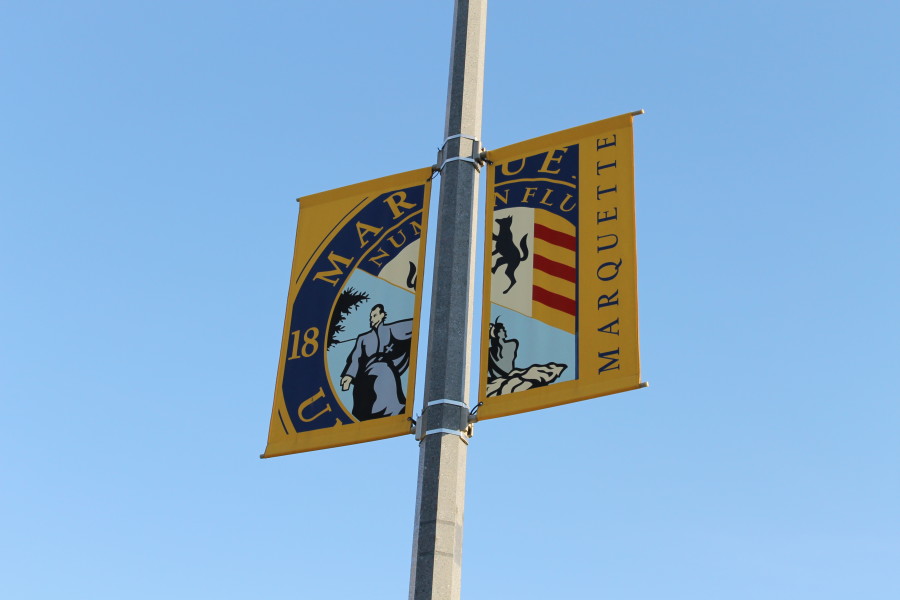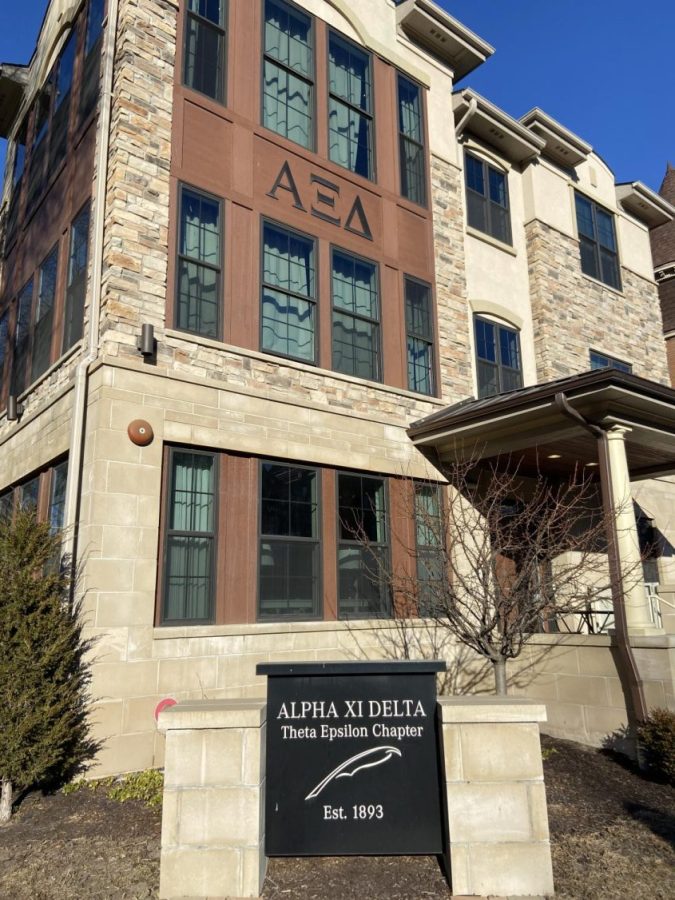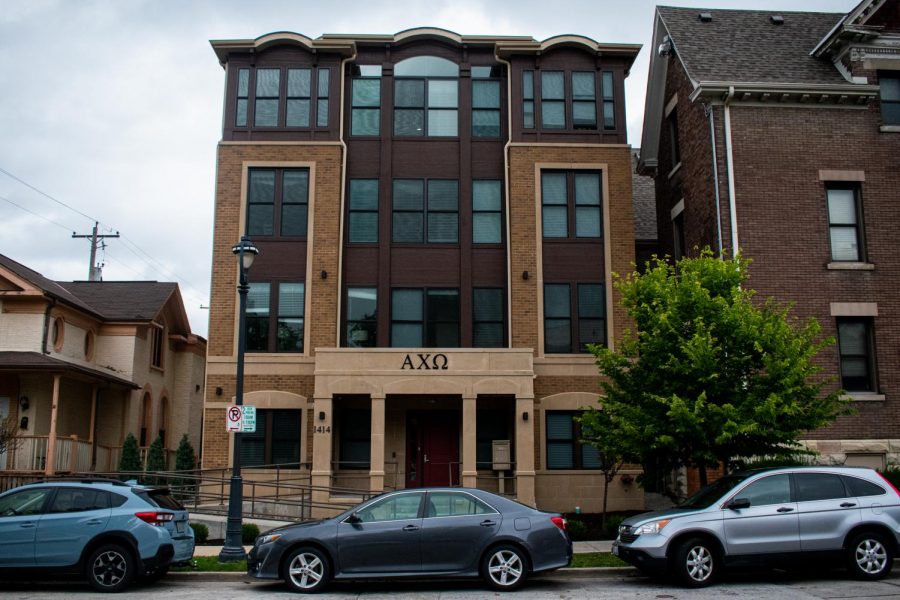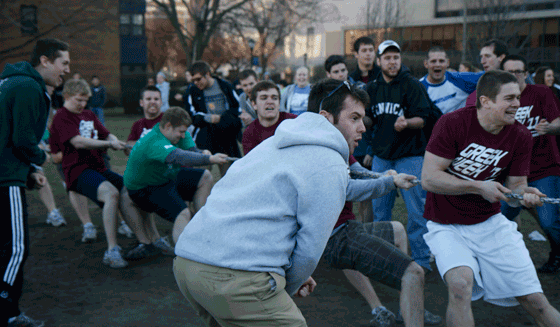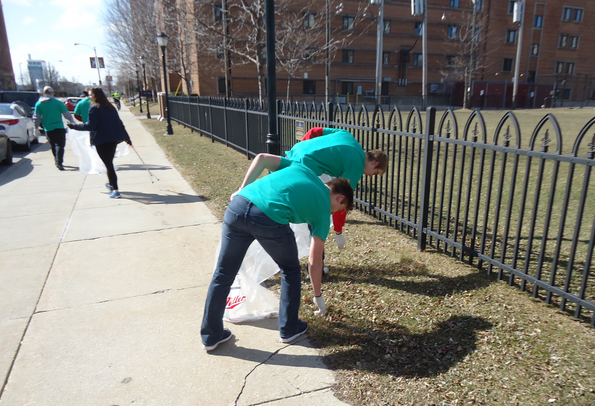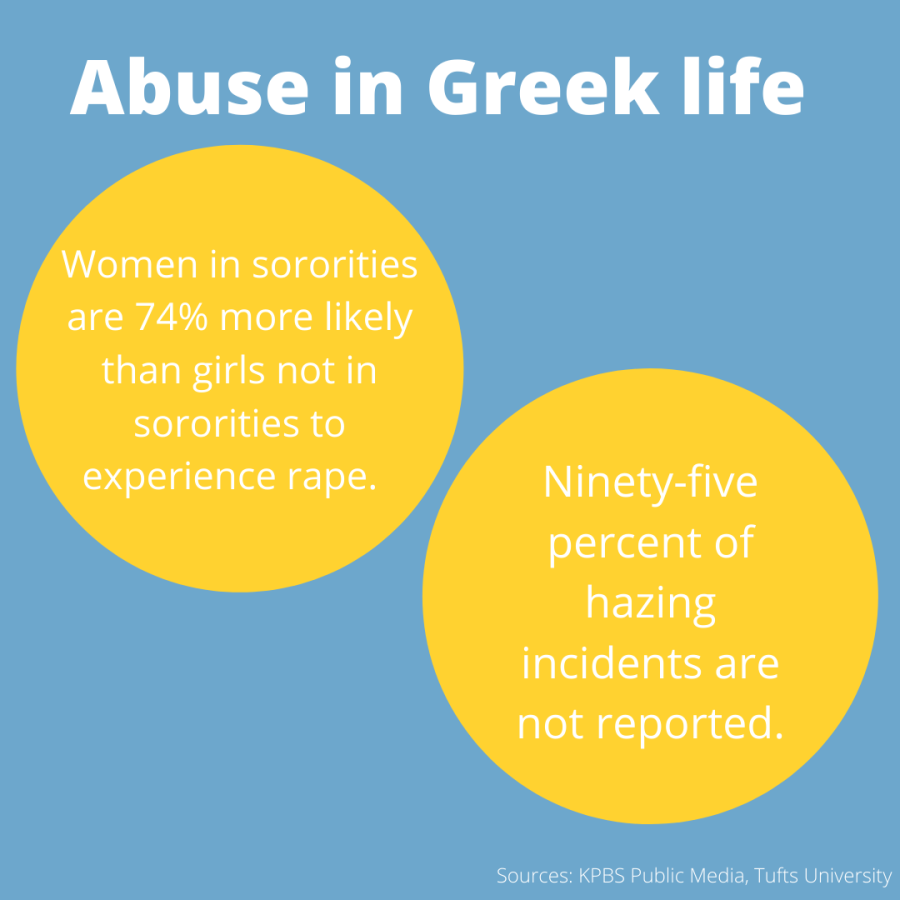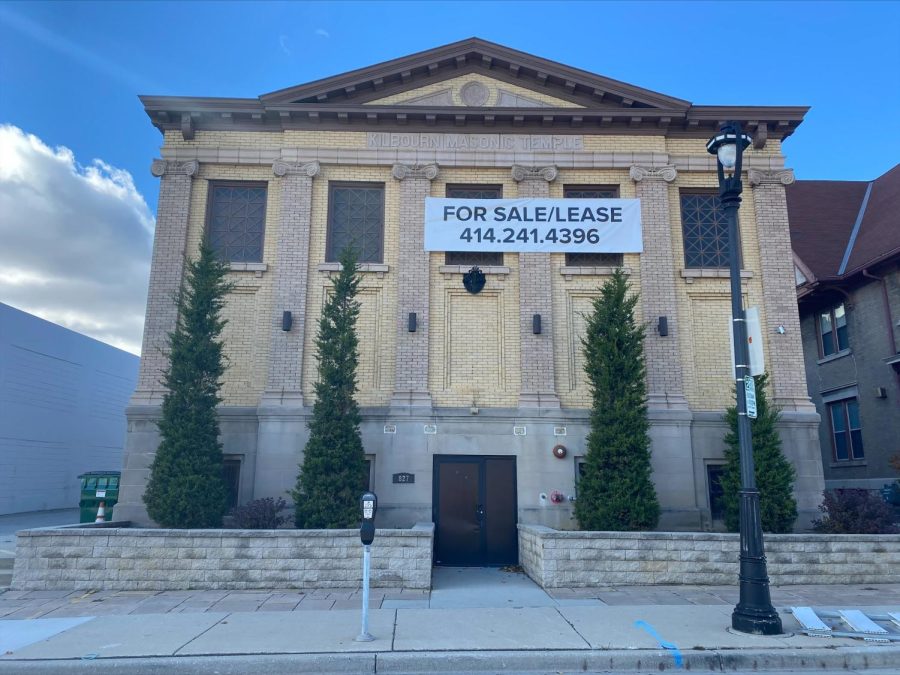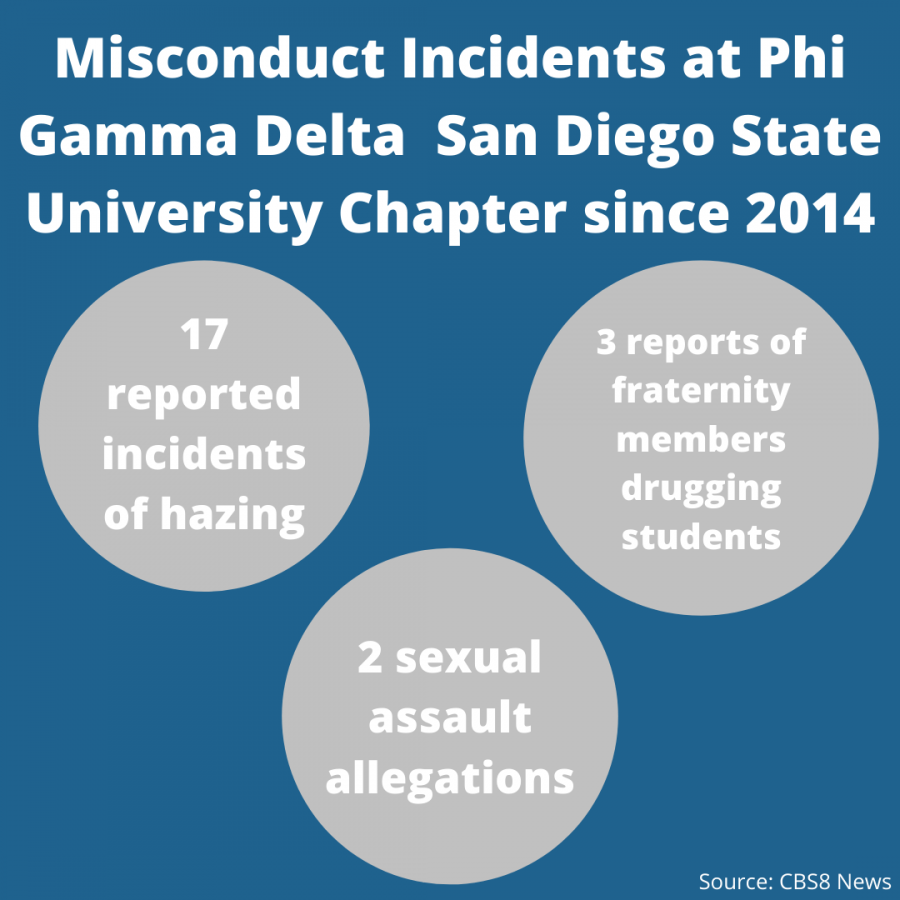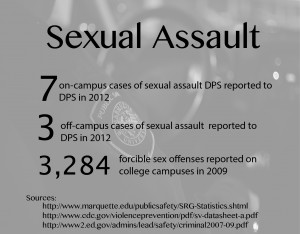
April marks National Sexual Assault Awareness Month, and Marquette involves itself extensively in educating students on sexual assault issues on campus.
In Milwaukee, Mayor Tom Barrett issued a public statement asking the city to offer support to people who have experienced sexual violence this month. The events will come to a peak Wednesday during Denim Day, designed to raise awareness of sexual violence and work on methods to change attitudes toward the issue.
Last week’s reports that Delta Chi, Sigma Phi Delta and Triangle fraternities were accused of alleged sexual misconduct renewed attention to the prevalence of sexual violence on Marquette’s campus.
Sexual assault is prevalent yet often concealed on college campuses, and due to its seriousness, a single incident of sexual misconduct is a concern for the entire university. Studies estimate as many as 95 percent of sexual assaults go unreported. Marquette developed an extensive response to sexual violence on campus: the sexual assault prevention program, Marquette University Takes ACTION, was implemented in 2011 and offers students training in bystander intervention.
Aside from this program, which is required for first-year students, Marquette offers a list of resources on the sexual misconduct page of the university website, including how to report incidents, a definition of “consent” and other resources for students.
The awareness and training programs Marquette offers are comprehensive and address these issues in a proactive manner. But the rest of the community has a responsibility to expand upon this work. Given the recent sexual assault allegations at three fraternities on campus, the entire community needs to extend its work on sexual violence prevention by discussing and determining the root causes of sexual misconduct, working to eliminate a social culture where such acts can occur again.
Student organizations at Marquette participate in the university’s programs and actively work to prevent sexual violence from occurring on their premises. But even a single report of sexual assault indicates there is room to improve. Influential groups on campus — athletics, student groups and Greek Life included — need to take advantage of their influence, becoming leaders in the discussion of sexual violence on campus.
This is especially important for fraternities given the recent allegations. The Rape, Abuse, & Incest National Network reports 10.3 percent of sexual assaults on college campuses nationally occur on fraternity property. Aside from being centers for philanthropy and service, fraternities are social environments. Whether they are affiliated with recent alleged incidents or not, those groups need to recognize their influence in campus’ social culture and use it to combat campus sexual violence.
Members of the Marquette community need to question whether any aspects of their social culture make it an environment conducive to sexual misconduct. This will involve extensive self-criticism not initiated by the university — voluntary discussions between members that ensure fraternity houses, for example, are never viewed as a location where sexual violence can be committed. They need to engage in self-critical conversation and make those determinations themselves.
This is a responsibility that falls on all students and other members of the community, but especially those who coalesce into social groups on campus. We would like to see the leaders of Marquette student groups publicly affirm their commitment. No matter where sexual violence occurs, students in all circles are the ones who have the power to end it.

